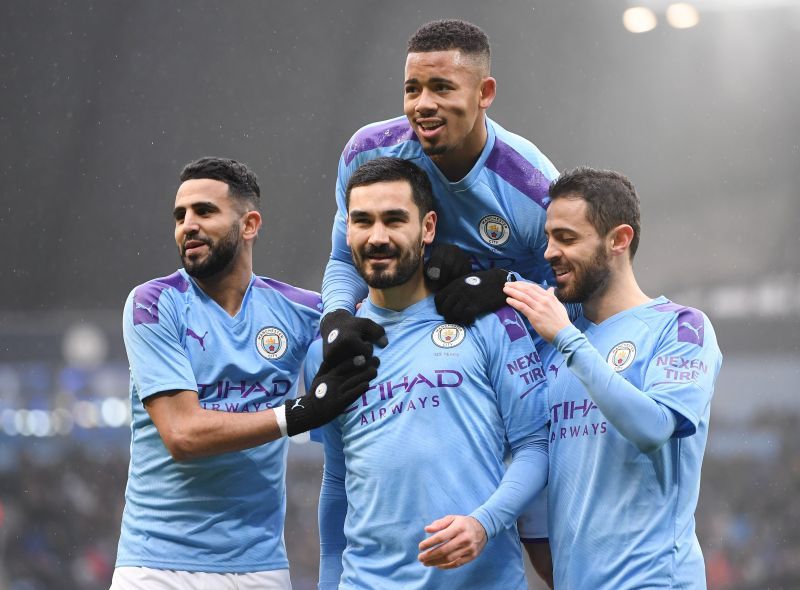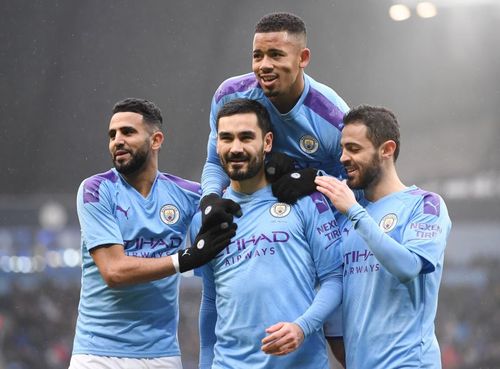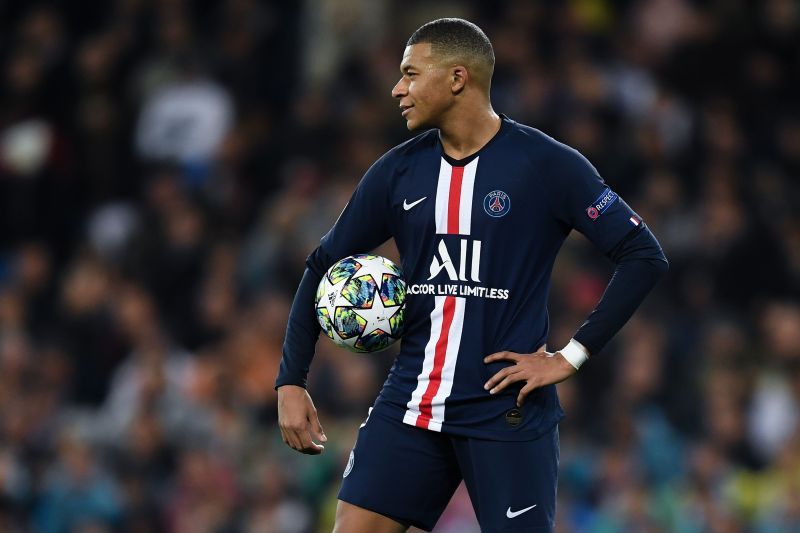
Manchester City's fall from grace: Delving deeper into modern football's economic disparity and FFP

The sentence may yet be overturned or reduced, but the shock waves of it can already be felt throughout the footballing world. Manchester City, very recently the only purveyors of the beautiful game in England's ultra-competitive top division, the runaway winners of the same competition for two straight seasons, a team jam-packed with superstars and managed by star manager Pep Guardiola, have been condemned by the UEFA to two seasons away from the premier club tournament of the world, the Champions League, as punishment for serious breaches of their FFP (Financial Fair Play) regulations.
Also Read: 3 reasons how Heysel 1985 was different from Manchester City's current ban | UEFA Champions League 2019-20
They have also been given a £30 million fine that is but a drop in the ocean for the UAE-based owners of the Manchester Club; what will hurt more is the estimated £100 million the club will lose per season through the various monetary benefits that the Champions League brings to the top clubs of the world. But the damage may actually be much deeper for the project that was City over the last decade. That 'project', funded by the uber-rich owners of the club who took over in 2008 and helmed by the sagacious chairman Khaldoon Al Mubarak, one of Abu Dhabi royal familiy's most trusted aides, has meant that the Citizens have acquired some of the best contemporary footballers of this generation such as Sergio Aguero and Kevin De Bruyne, a master tactician in Guardiola, and a brand of attractive and devastating football.
Success on the pitch has followed inexorably. However, Manchester City's turnaround, their critics say and UEFA prosecutors agree, has been bought rather than earned.
And now things may fall apart dramatically, especially so if domestic sanctions follow and the big players around whom the club's beautiful game is built may desert the ship stuck in still waters.
The business of the game
Let's face it, modern football, true to its deeply ingrained status in the capitalistic mores of our times, is an unequal affair. One might rightfully celebrate Leicester's fairy-tale run to the league title in 2015-16, but also remember that they needed foreign ownership (Thai company King Power International Group) to drive their success.
Liverpool, possibly the best club team in the world right now, are owned by the American conglomerate Fenway sports and have had to invest considerable sums of money to form their dream team. Indeed, unless, a club's project is completely overhauled by influx of money from the really big conglomerates or oligarchs, they cannot hope to reach the top echelons of modern football right now; such is the inequality. A Nottingham Forest may never again win the league or set Europe on fire unless they become Forrest 2.0, that is the inherent nature of the game.
FFP
That is the reason why the FFP was devised in the first place; to bring some semblance of parity to the sport so deeply intertwined with the economics of our times, to weed out 'financial doping'. So what is City accused of then? Simply put, the contravention of FFP rules was purportedly committed by overstating their sponsorship deals and in effect being directly funded by their billionaire owner Sheikh Mansour.
What does that mean in effect? The restriction is imposed to prevent these oligarchs from pumping their own money into the clubs they buy, in effect buying success. The Football Leaks documents that led to the Der Spiegel investigation that led to the damning accusations is another story altogether and speaks volumes about the supposed dark underbelly of the politics of football. While FFP is a commendable step in many ways as it attempts to prevent artificial growth of a club, it has its critics.
Most notably, FFP naysayers say it promotes a culture of elitism where the traditional biggies of the game such a Real Madrid and Bayern Munich continue to run the game and the nouveau riche cannot break the hegemony. Also, they question whether the FFP is always used equally with Paris Saint-Germain, funded by Qatari money, also embarking on a similar project but not getting sanctioned as severely as the English club.
City were patently evasive during the investigation, a fact that queers their pitch.
Should FFP go?
That may be Manchester City's defence when their legal sharks descend on to the CAS (Court of Arbitration for Sports) to appeal UEFA's sentence. After all, Mansour bin Zayed Al Nahyan took over the club to make it an elite football team who might finally claim the Champions League, the Holy Grail of club football, now with his ambitions on the verge of being scuppered, the club might argue that it is unfair for an owner to have restrictions on how much money he pumps into his own entity.
If CAS agrees with that argument then the whole FFP regime will crumble and change the game dramatically.
In conclusion

There have been accusations of unfairness in the way FFP has been implemented already, most notably when PSG, funded by Qatari oil money, only received a slap on the wrist for their financial overreaching, notably in them acquiring Kylian Mbappe for a humongous fee after initially circumventing FFP restrictions by taking him up on a loan deal.
If FFP goes, we might enter a new era when more and more outsiders may be taken over by billionaires and turned into super powers overnight, in a sense that is egalitarian, but ironically, it will widen the gulf between the haves and have-nots and fairy-tales may just become that.
Also Read: Pep Guardiola asks for Manchester City 'shutdown' in wake of UEFA ban